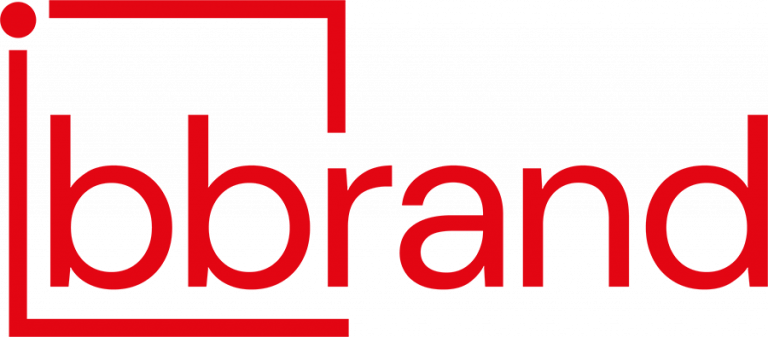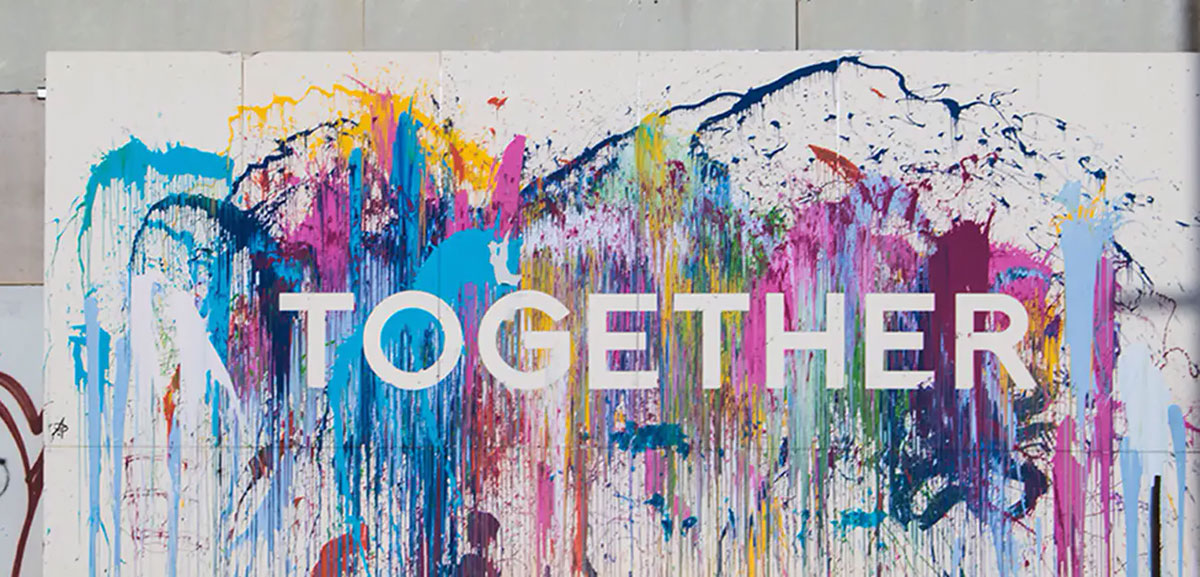Crisis communication ranging from new storytelling to digital solidarity: in this dramatic historical moment, brands are rediscovering human value and implementing social commitment initiatives to remain actively close to a country on its knees.
“The world will change and each one of us will go back to making a difference”. This is how Renzo Rosso, CEO of one of the most important fashion empires in Italy, explains with great simplicity what we are experiencing in these days. Nothing will ever be the same again, and the big brands seem to have understood this immediately.
Hershey, for example, the largest American chocolate company with a turnover of almost 8 billion dollars, has decided to withdraw a campaign that showed people engaged in behaviours now advised against by health institutions. The same is also happening in Italy, where the well-known water brand Levissima has changed the TV passages set on snowy peaks, indicating “staying at home” as the real mountain to climb.
In the face of a changing world, marketing communication is rewriting its rules and redefining storytelling, reinterpreting everyday life.
The era of the shut-in economy
According to the academic magazine MIT Technology Review, the world as we have known it will no longer be the same: a new shut-in economy will emerge, characterised by social distancing with rhythms set by on-demand services and home deliveries.
It is the beginning of a new way of life in which self-isolation and mass purchasing are the protagonists. Two sides of the same coin in a market that is totally changing, redefining rules of involvement, awareness campaigns, advertising, social and online planning. New ways of buying and sharing are therefore being born, with a centrality of the “home” never seen before.
Crisis communication: brands focus on values and credibility
When health is threatened and priorities change, values become the only certainty again. Faced with this paradigm shift, brands find themselves in the position of communicating less, but better in respect of the concept of ‘human value’.
Today, more than ever, there is a rediscovery of the importance of taking care of each other, rediscovering that sense of social belonging that seemed to have been lost. In the darkest hour there will be no room for those who show little social sensitivity.
What will emerge, according to the studies we are conducting, are the brands that will focus on competence, knowledge and authority in providing credible and reassuring answers. At a time when fear and concern are blocking the flow of life, it is important to broaden horizons by rethinking supply chains, reshaping relations with customers under the banner of maximum transparency in communications.
There are many examples of large companies moving in this direction. IKEA, for example, is promoting the “Let’s start over from home” campaign, offering a stable presence in this phase of total instability, giving advice on how best to live it.
In the UK, the cosmetics brand Lush offers hand washing in its stores.
At this point in time, becoming a reliable source of information as well as instilling confidence in the production and sale of products are the main tracks that brands must follow in order not to lose the trust of their customers.
What about solidarity? Concrete commitment and sharing
Communicating and remaining relevant to customers has become essential, first and foremost by demonstrating empathy and solidarity with the community with concrete gestures, intelligent initiatives and effective words. Over the last few days, we have witnessed a real competition for solidarity on the part of major companies, particularly in the fashion industry. Starting with Giorgio Armani, Dolce&Gabbana and Moncler, not forgetting Etro and Bulgari, who have made significant donations to the hospitals most affected, and then the Kering Group, Prada, Benetton, Elisabetta Franchi, Manila Grace and many others. Many companies in the fashion, food, automotive and other sectors, of all sizes, have lined up to help those fighting the virus.
Never before has Corporate Social Responsibility (CSR) become so concrete. The attention of companies to social issues and to helping a country on its knees has become an unavoidable duty. There is a growing realisation that business is meaningless without ethics. This is also the context for the numerous digital solidarity initiatives that the Ministry for Technological Innovation and Digitisation and Agid have put in place to make life easier for people who have to live with the restrictions involved. This is a collaboration between the public and private spheres with the aim of providing free digital services, mainly related to smart work, e-learning and connectivity, which help companies and citizens to live this phase to the fullest, getting their work done.
In the suspended time of these days, communication is being redefined. We at bbrand firmly believe in this and we are developing new formats based on a storytelling more focused on commitment and seriousness in favour of the values that support the common good.

